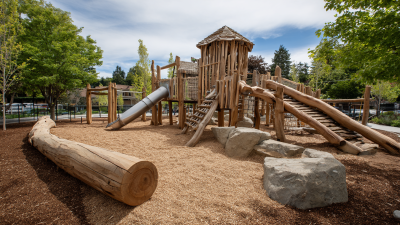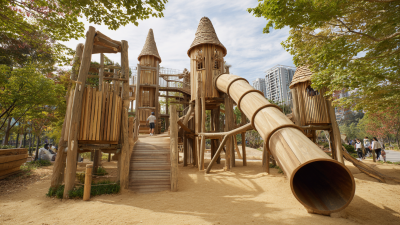 +86-13901441113
+86-13901441113




In today's fast-paced digital world, encouraging children to engage in outdoor activities is more important than ever. "Garden Play" offers a creative and dynamic way to enhance their physical health, social skills, and overall well-being. By transforming a simple garden space into an interactive playground, parents can significantly boost their children's outdoor activity levels—up to 60%, according to recent findings. This guide presents five engaging garden play ideas that not only foster creativity and imagination but also promote teamwork and physical fitness. From nature-inspired scavenger hunts to innovative obstacle courses, these activities will captivate children's attention and keep them active. Embracing these garden play strategies will not only enrich their playtime but also instill a lifelong appreciation for nature and outdoor exploration. Dive into these enriching ideas and discover how you can make your garden a vibrant space for children's growth and enjoyment.
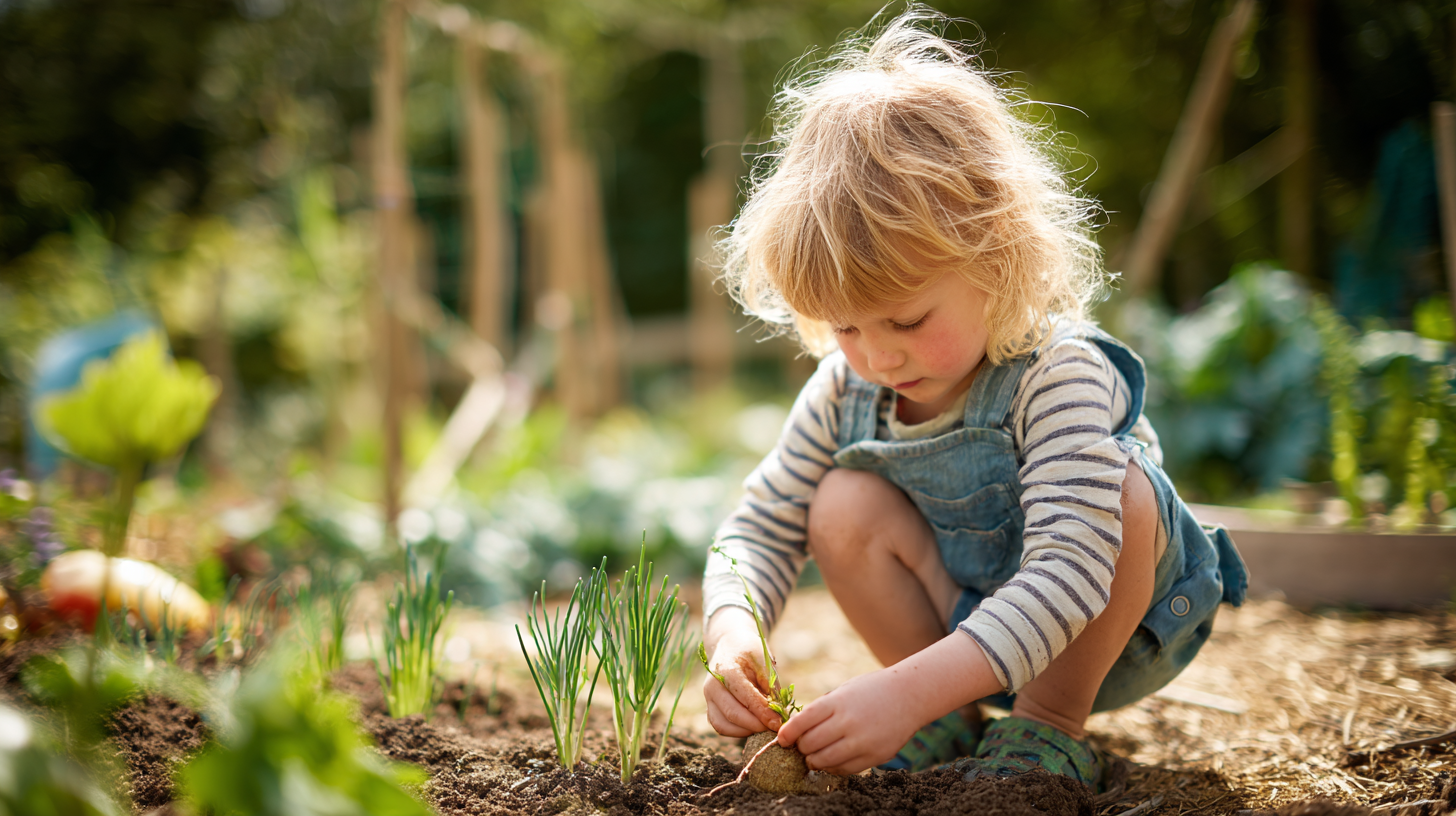
Outdoor play is crucial for child development and health as it provides numerous benefits that extend beyond physical activity. Engaging in outdoor play allows children to explore their environment, enhancing their cognitive skills and creativity. As they navigate different terrains, climb trees, or build forts, they learn problem-solving skills and develop resilience. This natural exploration fosters a sense of independence and confidence, which are essential traits for their overall growth.
Moreover, outdoor play significantly contributes to children's physical well-being. Increasing outdoor activity helps combat sedentary lifestyles, reducing the risks of obesity and related health issues. Activities such as running, jumping, and playing games not only improve their cardiovascular health and coordination but also promote social skills through interaction with peers. These experiences lay the foundation for a healthier lifestyle and a balanced approach to both physical and mental health. Thus, encouraging outdoor play is vital in nurturing well-rounded, active, and happy individuals.
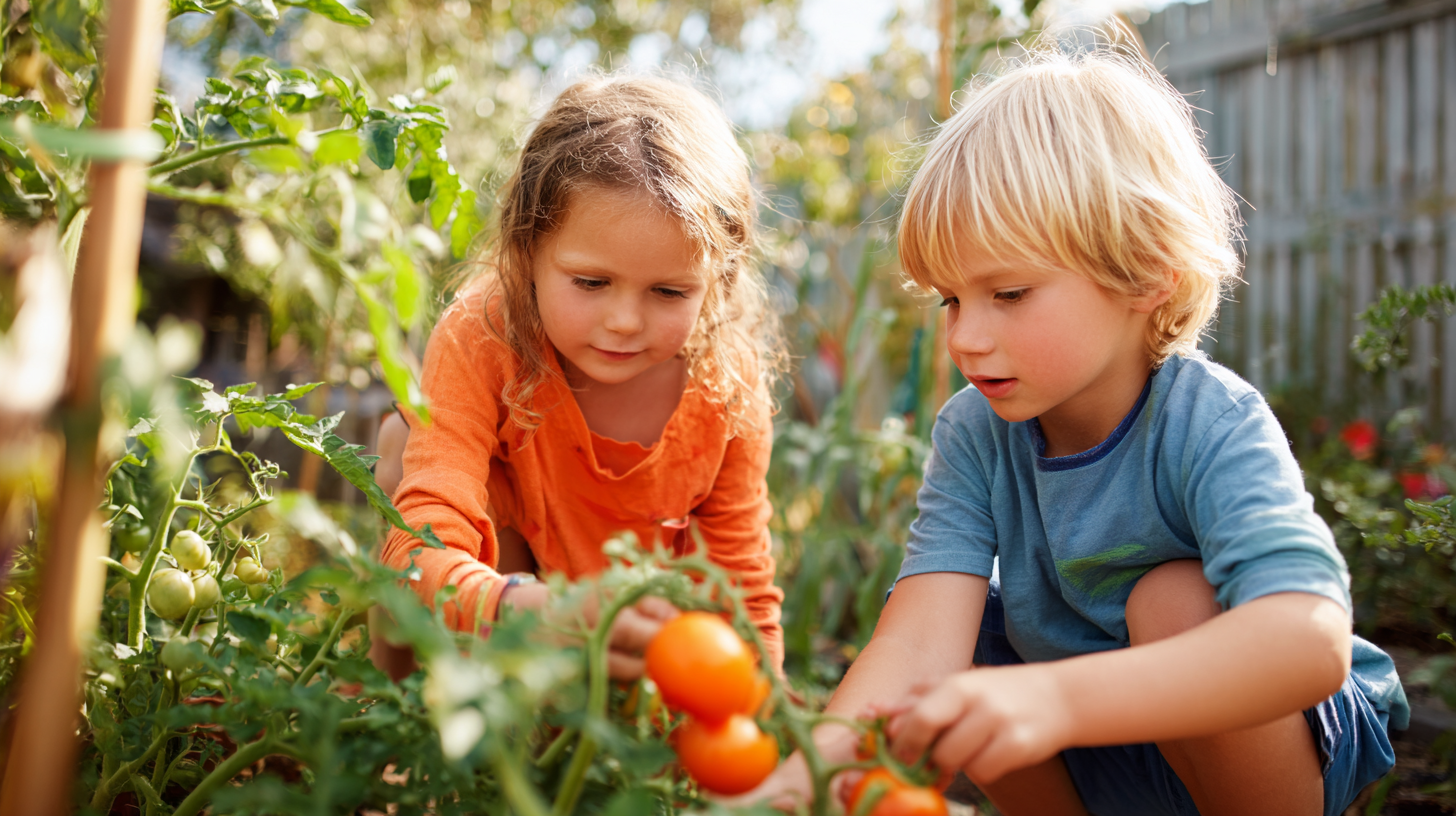
Outdoor play is crucial for children's development, and statistics indicate a strong correlation between outdoor activities and reduced screen time. Research has shown that children who engage in regular outdoor play are less likely to spend excessive hours on screens. By fostering an environment that encourages outdoor exploration, parents can contribute significantly to their children's physical and mental well-being.
To boost outdoor activity, consider implementing engaging garden play ideas. One effective tip is to create designated play zones in your garden, such as a mini obstacle course or a natural play area with logs and rocks. This not only sparks creativity but also encourages active play. Additionally, organizing regular outdoor family activities, such as gardening together or hosting scavenger hunts, can further motivate children to embrace the outdoors.
Another essential approach is to limit indoor screen time by setting clear boundaries. For instance, opt for "screen-free" hours in your home, allowing children the freedom to explore outside without distractions. Pairing this strategy with fun outdoor games like tag or nature walks can greatly enhance their physical activity levels, ensuring they enjoy a balanced lifestyle with plenty of outdoor engagement.
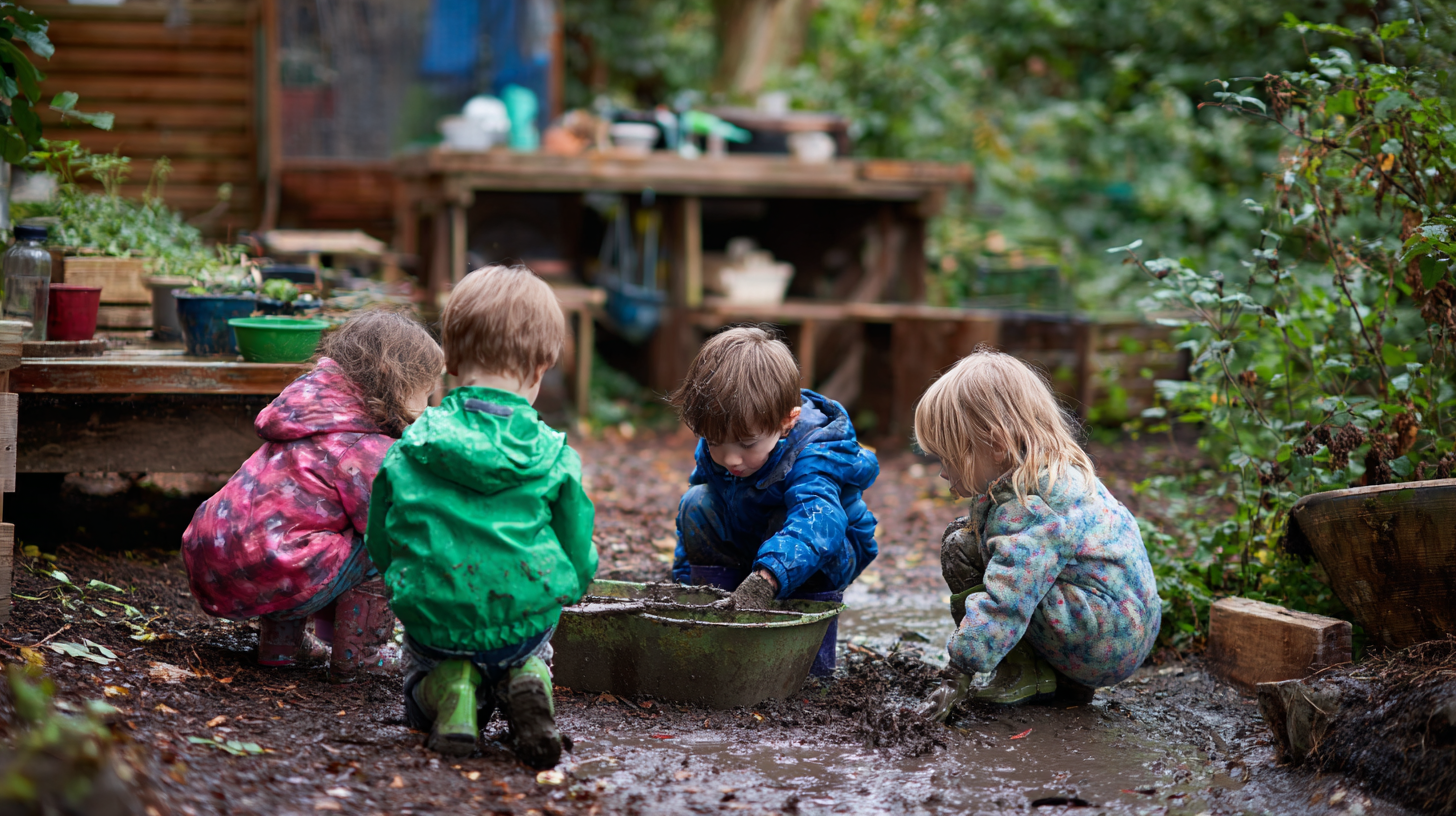
Creative outdoor play is essential for children's physical activity and development, especially in an era dominated by screen time. Research indicates that unstructured outdoor play significantly enhances children's health and well-being. For instance, a systematic review highlights that outdoor play correlates with improved physical fitness, greater social skills, and better emotional health among children aged 3-12 years. Participation in outdoor play not only fosters a sense of adventure but also encourages children to engage in spontaneous, unstructured activities that are crucial for their holistic development.
Moreover, studies reflect the pivotal role of diverse play zones within urban schoolyards in promoting active play behaviors. In low-income neighborhoods, the design features of these schoolyards directly influence the nature and extent of children's outdoor play. Observations from international comparisons show that valuing outdoor play leads to better physical activity levels among children. For example, initiatives like "National Play Outside Day" emphasize the importance of outdoor activity, encouraging communities to prioritize play as an integral part of childhood. Engaging children in creative garden play ideas can thus lead to a substantial increase, potentially up to 60%, in their overall outdoor activity levels.
| Play Idea | Description | Physical Activity Boost (%) | Recommended Age |
|---|---|---|---|
| Obstacle Course | Create a fun obstacle course using garden furniture and outdoor toys. | 75% | 5-12 years |
| Nature Scavenger Hunt | Children explore the garden searching for specific plants and insects. | 60% | 4-10 years |
| Garden Sports | Organize games like soccer or frisbee in the garden. | 80% | 6-14 years |
| Outdoor Art Projects | Let kids create art using natural materials found in the garden. | 50% | 3-8 years |
| Gardening Together | Engage children in planting, watering, and caring for plants. | 65% | 4-12 years |
Engaging children in outdoor play is not just beneficial for physical health; it also enhances their social skills significantly. Nature provides a unique landscape for children to interact, negotiate, and build relationships. While playing in a garden, children learn to express themselves, share ideas, and collaborate on imaginative projects, fostering teamwork and empathy. The rich sensory experiences and open-ended play opportunities in nature help children to develop confidence in their social abilities.
To maximize these social benefits, parents can implement several practical tips. Firstly, create a space that encourages interactive play, such as setting up a garden obstacle course or group games like scavenger hunts. These activities promote communication and cooperative problem-solving. Secondly, allow children to lead their play sessions. Whether they decide on roles or define the rules of their game, this autonomy helps them practice negotiation skills and boosts their confidence in social settings.
Lastly, incorporating natural elements can enrich children's play experiences. Encourage them to use sticks, stones, and other natural materials to build forts or artworks. This not only stimulates their creativity but also encourages sharing and collaboration as they work together to create something unique. Through these engaging activities, children will not only enjoy their time outdoors but also develop essential social skills that will benefit them in all areas of life.
Increasing outdoor activity among children is essential for their physical health, with numerous studies demonstrating its long-term benefits. According to the World Health Organization, globally, nearly
80% of adolescents do not meet the recommended levels of physical activity. Engaging in outdoor play not only helps in meeting these guidelines but also contributes significantly to reducing risks of obesity and related diseases.
Research published in the Journal of Physical Activity and Health indicates that regular outdoor play can lead to a
60% increase in overall physical activity levels, which is crucial for developing strong muscles and bones.
Moreover, the long-term psychological and cognitive benefits of increased outdoor activity are profound. The Child Mind Institute cites that outdoor play can enhance children's mood and reduce anxiety, a critical factor in maintaining overall health and well-being. Furthermore, a study from the
American Academy of Pediatrics highlights that time spent outdoors can improve attention spans and cognitive function, making outdoor play a vital component of a child's healthy development. By fostering outdoor play opportunities, parents and communities can help combat sedentary lifestyles and promote a
healthier future for the next generation.
